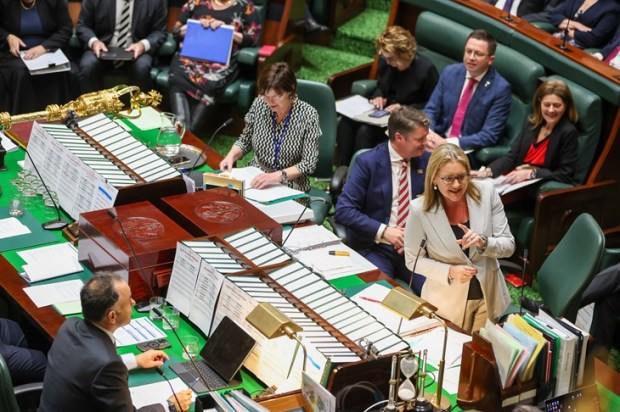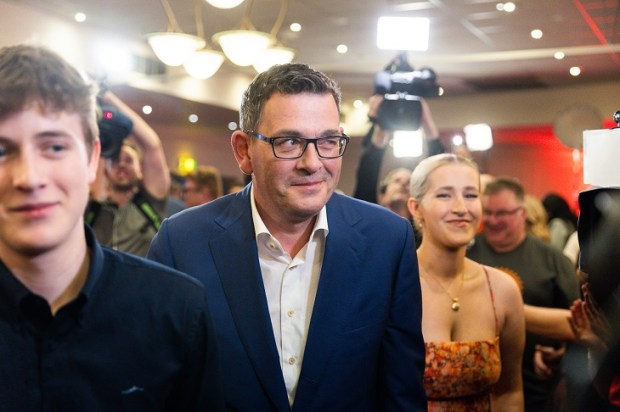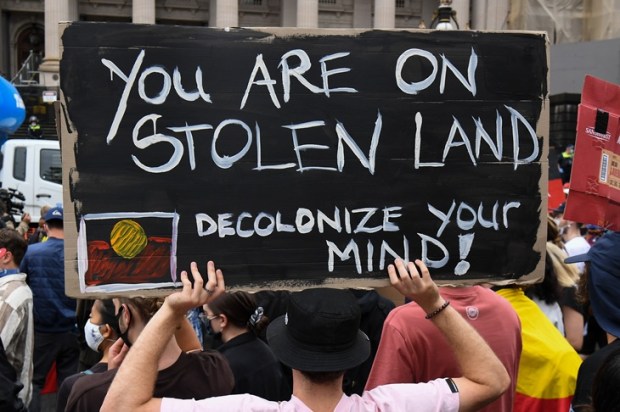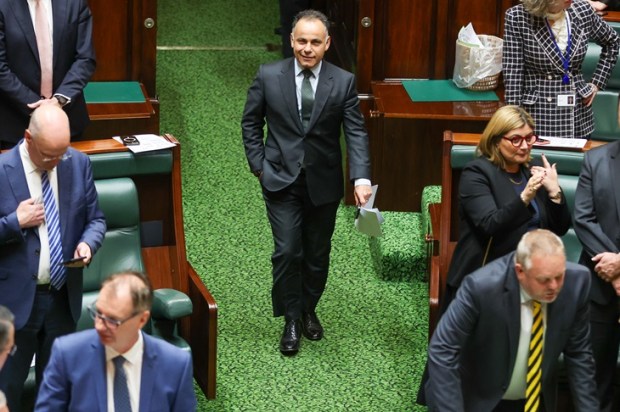It is becoming clearer every day that the Andrews government in Victoria has a propensity to bite off a bit more than it can chew.
I might have confined this notion to the Premier alone, but it is past time that his Cabinet colleagues should be made to share the outrage of the steady flow of news about costly failed projects and policies.
Spending big as though there was no tomorrow has meant every Victorian who pays tax is being hit with the bill through steep rises in tax. It was never going to be any other way with a Cabinet which had the combined total of zero interest in reigning in the accruing state debt, now set for $226 billion by 2026.
In 2005, the Federal Court handed down a native title determination applicable to the Wotjobaluk, Jaadwa, Jadawadjali, Wergaia and Jupagulk Peoples, WJJWJ. Since then, the WJJWJ People Traditional Owners Group has been managed and represented by the Barengi Gadjin Aboriginal Corporation Land Council (BGLC).
In 2017, the Andrews government and the BGLC began negotiating a Recognition and Settlement Agreement which was signed by both Parties in October 2022.
A Recognition Statement in the Agreement states:
‘The obtaining, dispossession, and control of our traditional lands, sometimes with extreme violence, were instigated through unjust government policy and, in our view, occurred unlawfully. This brought rapid and devastating changes for our ancestors and the consequences of these acts continue to impact our people today through intergenerational trauma.’
It also refers to a political and economic order which is said to have been in place when Europeans arrived in Victoria in the 1830s.
The State acknowledged that resources flowing from Country that have made Victoria prosperous was not shared by Indigenous people. The Agreement refers to the transfers of access rights, ownerships and management rights of all State-owned land, in addition to the transfer of decision-making rights as well as rights for the use and development of land and all natural resources, including water.
The BGLC will be exempt from local government rates and receive government funding for land management or similar purposes. The State will pay unknown amounts, redacted in the document sent to the 10 Councils that fall within the area covered by the Agreement. The Corporation will be paid by the State to employ people, including the funding of a Local government Engagement Strategy Implementation Manager (and assistant) to be employed by the BGLC.
The Agreement also provides for the involvement of the Corporation in the management of council-controlled lands and waters, recognising that the WJJWJ people aspire to be the sole managers of both. A similar involvement is specified in the periodic Planning review of each Council.
Underlying all aspects of the ‘Agreement’ is the notion that the Indigenous People never ceded sovereignty. This is important when seeking to know where this process ends up. As we have seen the Andrews government specializes in grand schemes but has shown little ability to pull them off.
The guinea pigs in these plans are the 10 Councils that have been told they are obligated to implement something that hitherto has not been seen as part of the powers and responsibilities of local government. They are governed by the provisions of the Local Government Act which means they do not have the power to deal with the State government on an equal footing.
It is tempting to believe the Andrews government would like to push the farming community to react in a way that might appear to be racist or, at the very least, antagonistic towards Indigenous peoples.
Yet this would be a false narrative. The Aboriginal communities are not to blame. They have been asked by the Andrews government what are their aspirations. They should not be criticised for seeking the best possible result for their people. The opposing narratives about the past are irrelevant when it comes to the simple question about what is the fairest way for all Australians to improve the structure of assisting Indigenous people to live a better life.
Other Councils on the borders of the land governed by the ten guinea pigs have begun to receive approaches from the Victorian government to roll out the process further.
It is inevitable that it will not be long before the bigger cities in Victoria will be involved. It has never been accepted that there be separate laws for country and city citizens. In Melbourne for example, there are countless State landholdings such as the small lanes near the city used for nightcarts before sewage systems were built. The MCG and open spaces with parks and the Botanical Gardens will not be immune. The Yarra River and its environs will need to be part of the process.
It will take careful handling by local governments in both rural Victoria and city municipalities.
This odyssey has a long way to go.

























